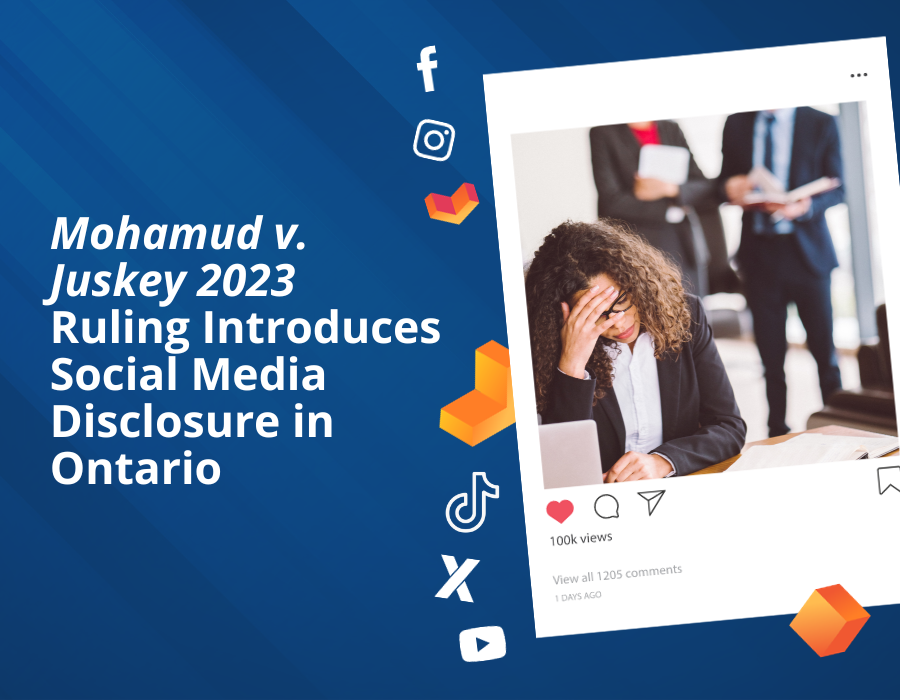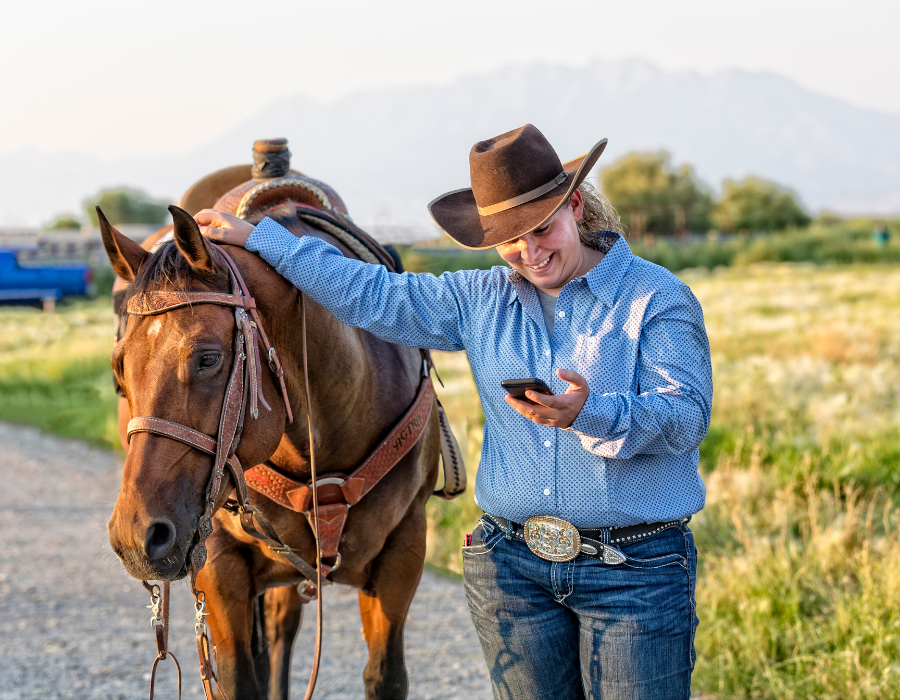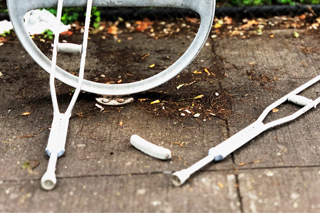Case Name: N. Light Specialty Insurance Co. v. Rodriquez
Citation: 2023 Cal. Super. LEXIS 31039 (Cal. Super. Ct. May 11, 2023)
Judge: Honorable Layne H. Melzer
County: Orange County, California
Time to Comply with Social Media Disclosure Order: 30 days
Facts [H2]
In a California personal injury claim, the plaintiff sued for damages following an accident involving the defendant. The defense moved to compel production of social media posts from Facebook, Instagram, and Twitter covering a two-year period prior to the accident through to the present. The plaintiff objected, asserting the request was overly broad and invaded privacy.
Ruling
The court acknowledged the plaintiff’s privacy concerns but concluded that social media evidence was highly relevant to the litigation. It ruled that posts showing the plaintiff engaging in physical or recreational activities could illuminate her condition both before and after the alleged injury. The court emphasized that social media production requests are legitimate discovery tools and not shielded by privacy rights, even if the content was originally shared with a limited audience. The request was narrowed to relevant activities, and the plaintiff was compelled to comply.
Key Takeaways
- In California, social media evidence can be compelled if it relates to physical condition or activity in personal injury claims.
- Courts are balancing scope with relevance, often narrowing broad requests to specific categories like physical or recreational activity.
- Even private or audience-limited posts can be discoverable if they pertain to claims made in the lawsuit.
Final Thoughts
This California decision underscores the importance of pre-emptively addressing a client’s digital presence in personal injury cases. Courts are willing to enforce tailored social media production requests, especially where prior injuries and current physical claims intersect. Plaintiff attorneys must not only inform clients of these risks but also utilize tools that streamline account analysis and preserve admissibility. Solutions like Private Footprint enable attorneys to ethically and efficiently manage social content from intake to trial.
Private Footprint Keeps You in the Know
Your clients’ social media activity may be a goldmine or a minefield, but accessing this content, organizing it chronologically, and producing it in a usable format is exceptionally burdensome on legal team. Private Footprint was developed by Personal Injury attorneys to help plaintiff-only law firms avoid the Discovery/Deposition Surprise and gain clear visibility into their clients’ social media activity to protect and increase the value of their files. We’re also enabling paralegals and legal assistants to produce client social media reports in minutes, not hours. All this for only $100 per client (plus taxes), invoiced as individual receipts itemized for ease of tracking disbursements. No hidden fees, no subscriptions, no surprises.
Request a Demo to learn more about Private Footprint and how you can start protecting the value of your files.













































